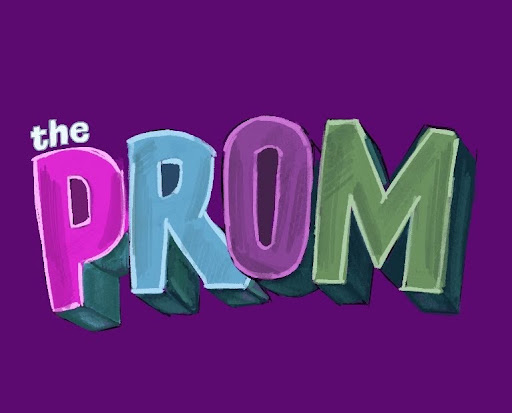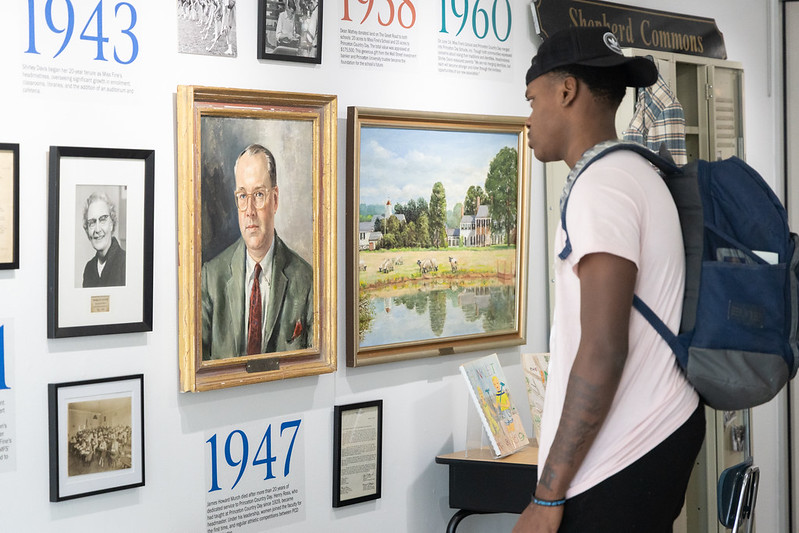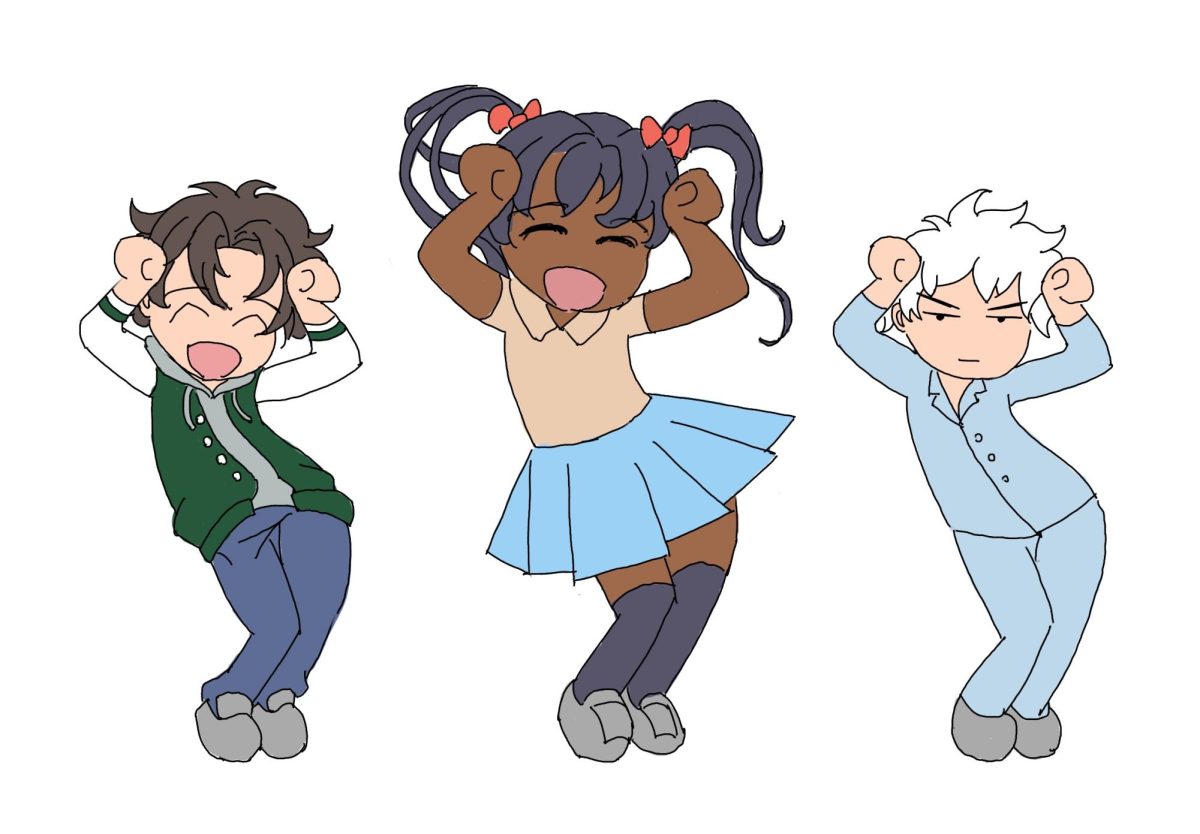
On July 5, 2023, the New York Times published an article titled “It’s Getting Hard to Stage a School Play Without Political Drama.” The article explained in-depth the challenges faced by high school administrators and students in the world of theater, where many of the new and classic plays staged by high schools nationwide spark controversy due to the complex social and political dynamics they portray. Within the theater community, the article quickly became a topic of discussion, influencing Princeton Day School’s theater director, Stan Cahill, to produce The Prom as this year’s winter musical.
According to Cahill, “the theater has become a sort of battleground for cultural and political voices,” thus making it much more difficult to choose and produce plays for school. It is for this reason, he explained, that he, along with theater directors at Peddie and Rider University, decided to stage The Prom this year: “For the musical, all three of us took the article as a kind of call to action […] to spread a message we care about together.”
The plot of The Prom follows a group of middle-aged Broadway actors whose fame has been waning steadily for a few years. After a failed production, they devise a plan to force themselves into relevance: by helping a homosexual girl, Emma, in a small Indiana town who is not allowed to bring her girlfriend to prom due to her deeply homophobic hometown. The story consists of a mixture of heartfelt and humorous scenes, in which the actors forcefully try to “save” the teenager by convincing the PTA to stage an inclusive prom and criticizing their biases. Emma must cope with the prejudice of her hometown as well as the forceful progressivism of the Broadway actors as she discovers more about her own identity.
“The social aspect of the musical kind of crept up on us as we rehearsed,” Cahill explained. “It was that this girl didn’t want this huge spectacle made out of her problem—she just wanted to go to the prom with her girlfriend.” For Cahill, the message of the play wasn’t that acceptance of the LGBTQ+ community necessarily has to be an incredibly complex process, but rather that it is a relatively simple concept.
Junior Jonas Hinsdale played the leading role of Barry Glickman, a narcissistic Broadway actor. For Hinsdale, his favorite part of performing and rehearsing the play was “knowing that what we were doing and what we were working for was ultimately to make an impact on our audience.” He explains how the comedic nature of the musical fits into this mission, saying “While there were a lot of jokes, I think that people really understood the message underneath it all.”
The message of the musical was also appreciated by the audience. Junior Arya Kalra, says “I thought that the play was really good at communicating its purpose … I think the story was a great way to engage viewers.” The musical was great and we can’t wait to see what they have planned for us in the fall!



















